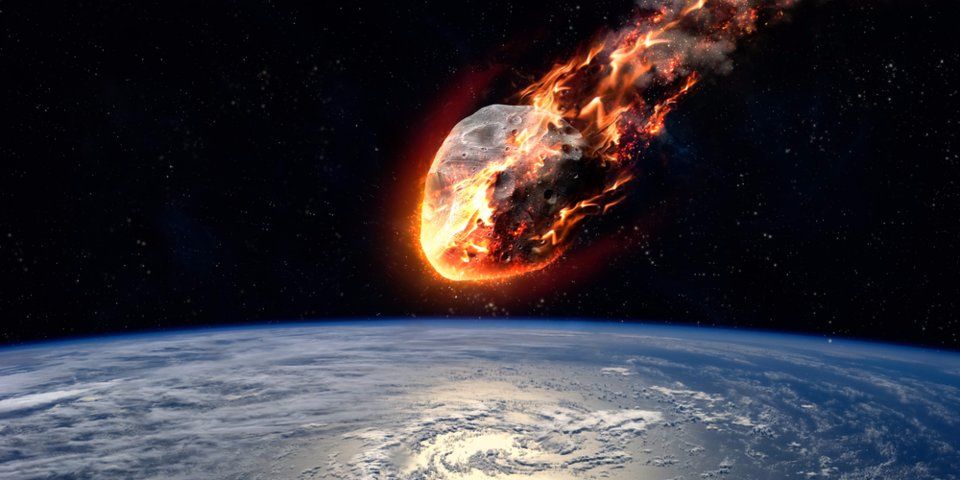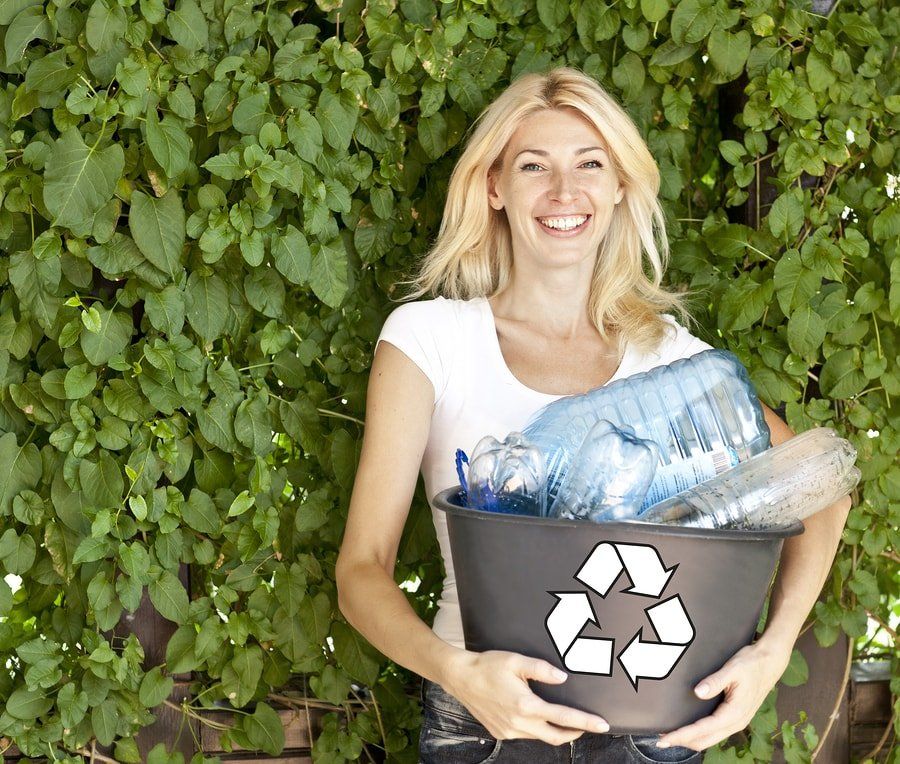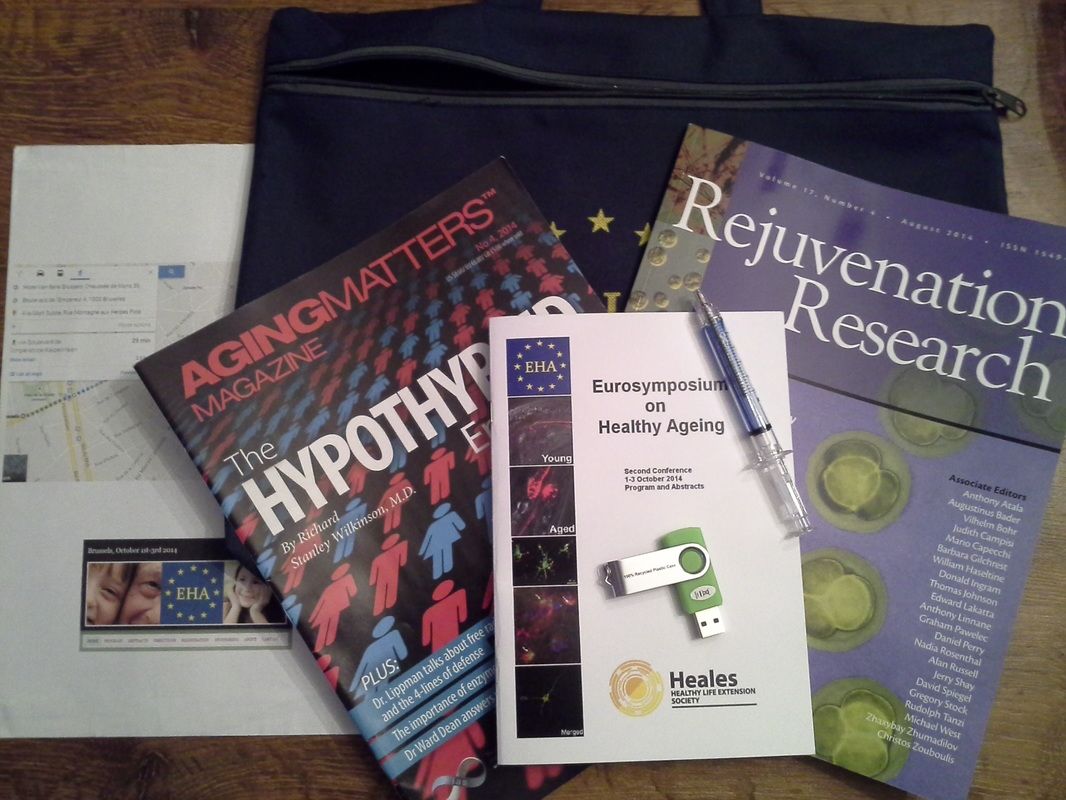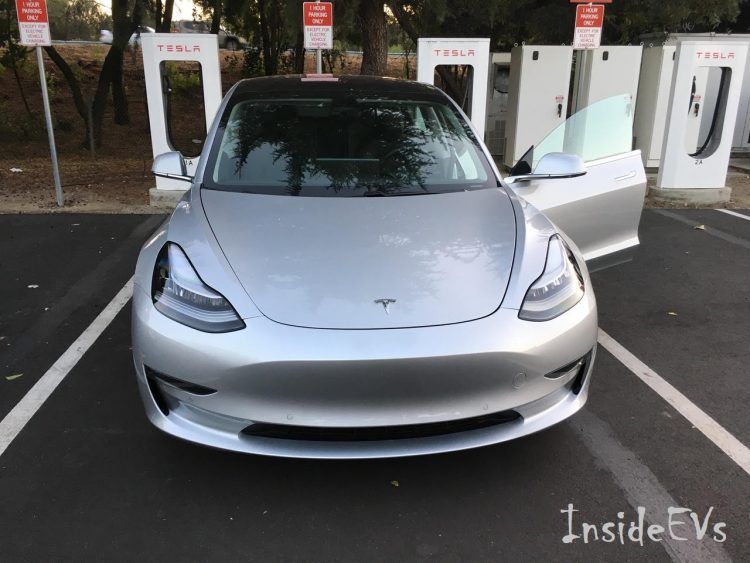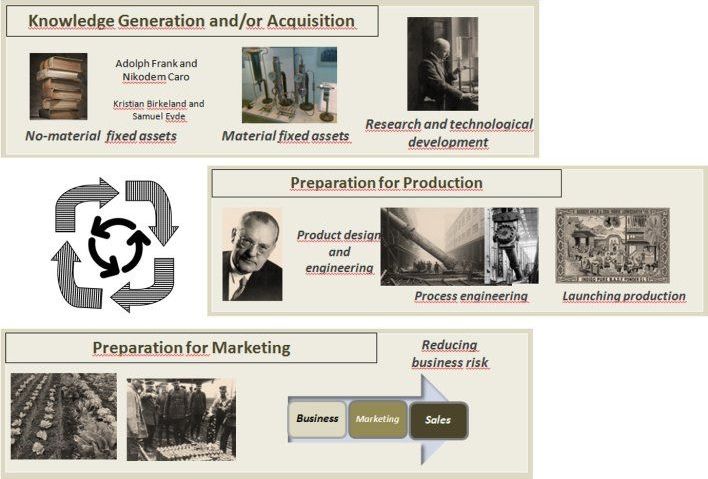
In addition to being a well-known cleaning product, ammonia is essential in the manufacture of fertilizers. The chemical process to synthesize ammonia has hardly changed in 100 years, and is still essential, although scientists do not know how to mitigate its negative consequences on the environment.
When, during the summer of 1909, the German chemist Fritz Haber achieved the synthesis of ammonia from nitrogen and hydrogen, little could he foresee the enormous significance of his innovation. Years later, his countryman Carl Bosch was able to produce it at industrial scale by using catalysts and high pressure reactors.
Haber and Bosch, who were awarded the Nobel Prize for their research, gave their names to the ammonia production process that been in use since then. In fact, the Haber-Bosch process is perhaps the most significant innovation of the 20th century.
Read more
